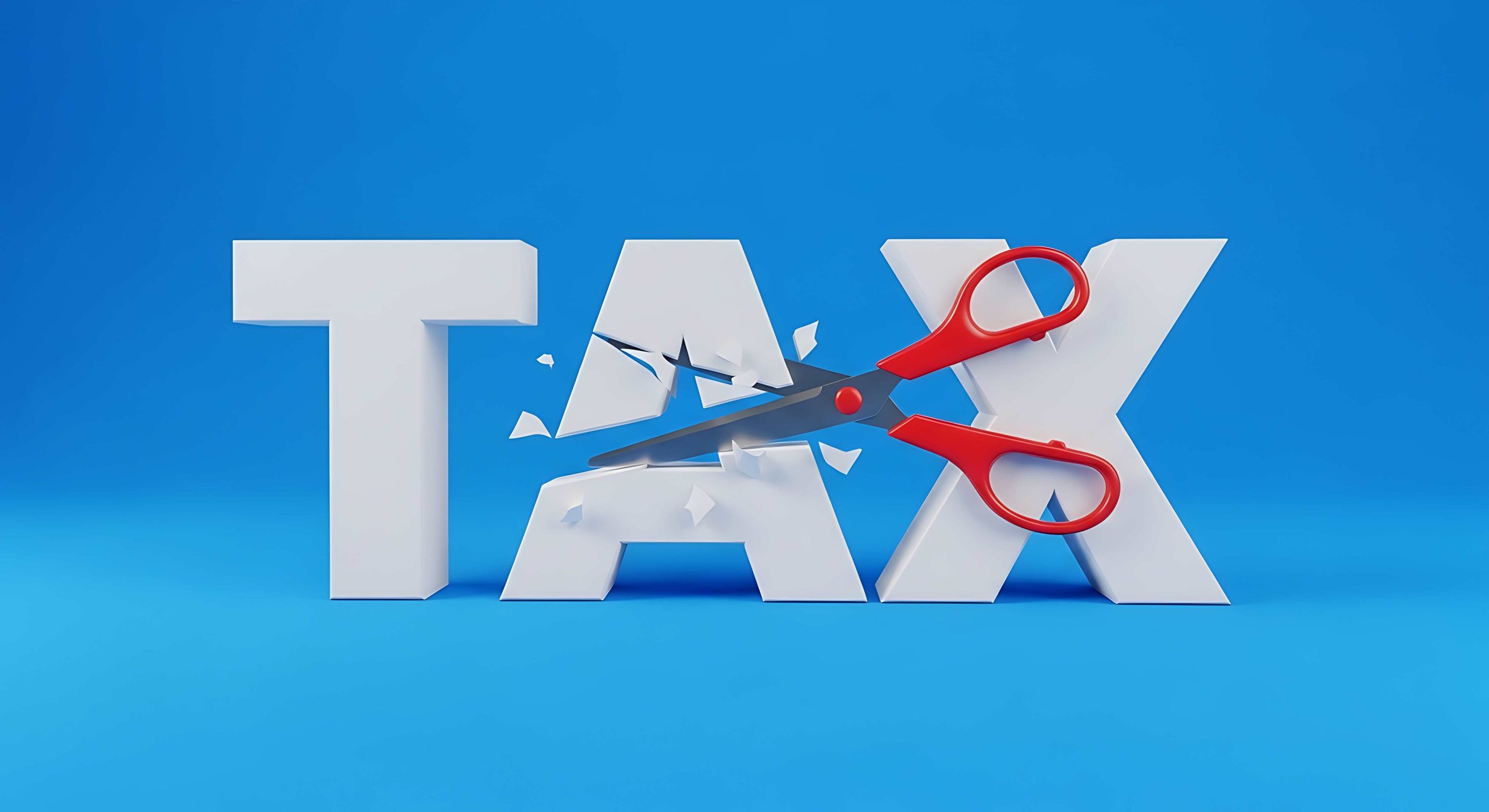History is still being written about the pandemic and its fallout, but whatever happens in the next few months, 2020 will go down as a crazy, confusing year.
For investors, it’s already been a wild ride, with the market ending an 11-year bull market run with a spectacular plunge when the pandemic exploded in March as the U.S. economy came to an abrupt halt. Just as dramatic, the market rebounded to recover its losses by mid-July. Of course, none of us knows where the market will end the year, but it’s already clear that the extreme volatility could have significant tax consequences for mutual fund investors.
It may seem counterintuitive, but the losses back in March likely triggered significant capital gains for many actively managed funds, which will lead to capital gains distributions to their shareholders. That means that even if the market ends flat or down for the year, you could face a surprisingly large tax hit.
Here’s what happens: when the market takes a sudden downturn, many investors panic and sell their shares. Most funds do not have enough cash on hand to meet the demands of those redemptions, so they are forced to sell some of the component stocks that make up their portfolios. And because the overall market has been on a tear for so long – the S&P 500 has more than quadrupled in value since its 2008 low – most of those underlying stocks have to be sold at a profit, leading to capital gains distributions.
“I would expect that 2020 will be another year of heavy capital gain payouts from many funds,” according to Christine Benz, Morningstar’s Director of Personal Finance. She says that’s partly because of the market turmoil in March, but also due to a longer-term trend of switching out of actively managed funds and into index funds and ETFs.
By definition, capital gains represent the profit from the sale of an asset, anything from stocks to land. Long-term capital gains, assets held for more than a year, are generally taxed at a 15% rate for most people who are married and filing a joint return. It’s 20% this year if your taxable income tops $496,600. If you hold the asset for less than a year, your gain is taxed at your ordinary-income tax rate, which is generally higher.
It’s important to note that fund distributions, both capital gains and dividends, are taxed each year whether or not you have sold any shares and whether or not the funds are reinvested to buy more shares. Generally speaking, actively managed funds generate more distributions because they do more trading and incur more gains from the sale of the stocks in their portfolios.
Most fund companies make their distributions once a year, usually in November or December.
Morningstar’s Benz said that most funds usually publish estimates of their distributions in October or early November, giving investors a chance to estimate how big of tax hit they can expect.
Almost all fund families post estimates of the projected capital gain distributions for the year beginning in late October through mid- December.
That also allows investors to make changes that could limit their tax burdens for this year and for years to come. However, that also comes with the tax obligation from selling shares of funds that have appreciated since you bought them. Although, if you have been paying taxes on a funds’ distribution for years, the cost-basis for determining your tax obligation is marked up and may not result in as big a burden as you might imagine.
Remember, this applies only to investments held in a taxable account, not those in 401(k), IRA, Roth accounts or other tax-deferred or tax-exempt accounts. Some municipal bond funds are also exempt from taxes on their distributions.
Even if you decide not to sell your actively managed funds, Benz cautions investors not to purchase new shares just before they go ex-dividend, the date when the owner gets both the benefit and the obligation of the distribution. That’s usually a few days before the distribution is paid out.
And if you are swapping out of actively managed funds, index funds are more tax-efficient since they tend to buy and sell their underlying investments less frequently, and ETFs only incur a capital gain hit when you sell shares that have appreciated in value.
The bottom line for investors is to plan ahead, and don’t get caught by surprise when you go to do your taxes next year. Consult with your financial advisor and/or tax advisor on the best ways to avoid getting an unexpected tax bill.



